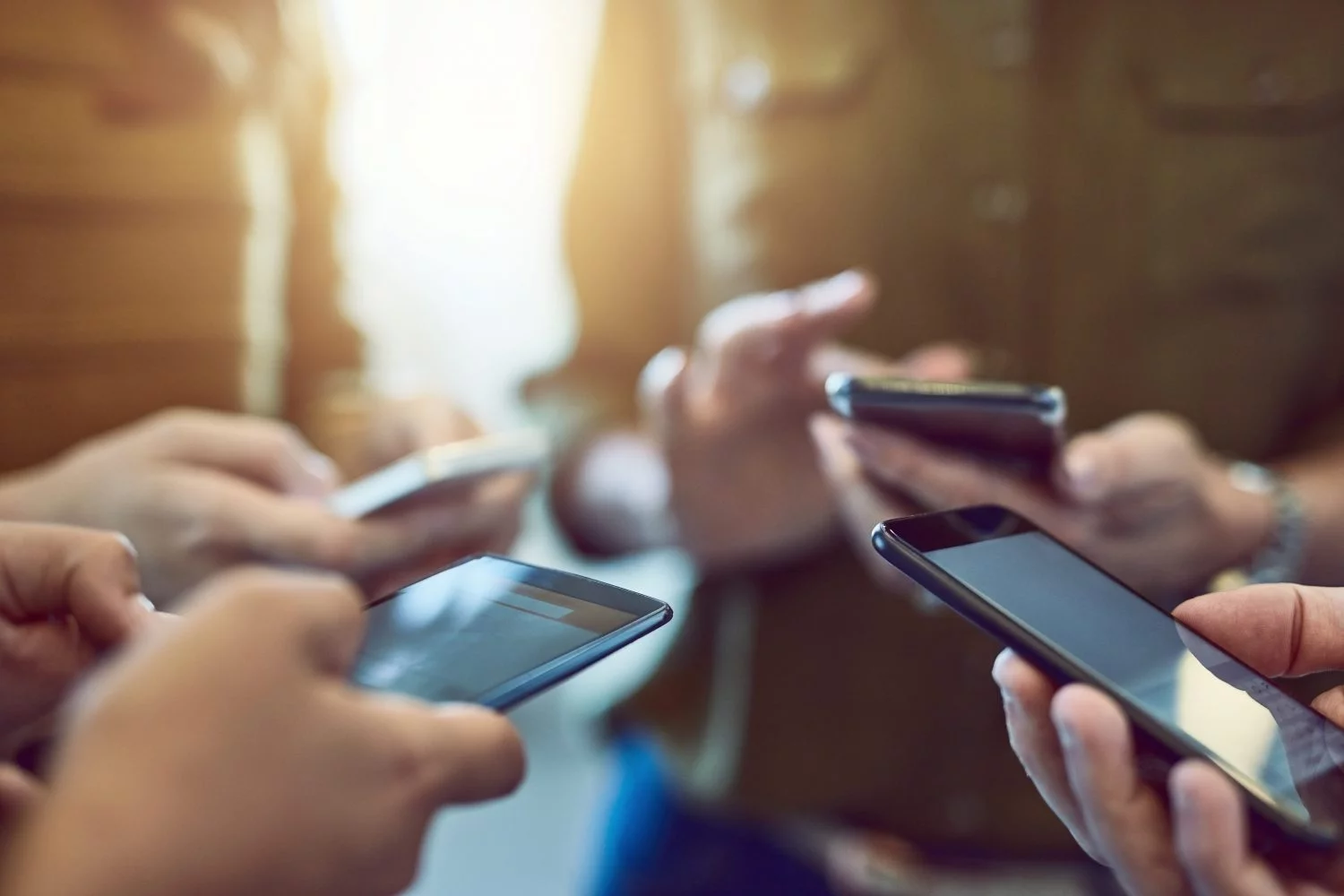Screens are an integral part of our daily lives. From smartphones and computers to televisions and tablets, we spend a significant portion of our day interacting with digital devices. We need these devices for work, school, and managing life. Beyond daily necessities, though, is your screen time “mindful” or “mindless”?
Physical Health Consequences
Prolonged screen time can take a toll on our physical health. In the short term, excessive screen use is a strain for the eyes. Symptoms can range from dry eyes, to blurred vision, to headaches. In the long term, it can lead to more serious problems such as myopia (near-sightedness) and astigmatism. Additionally, excessive screen use can contribute to inactivity, poor posture, leading to neck, shoulder, and back pain. Taking regular screen breaks, standing, moving, or stretching, and looking at things that are further away can help to alleviate some of these issues.
Mental Health Implications
The impact of screen time extends beyond physical health, affecting our mental well-being as well. High levels of screen use, particularly on social media, have been linked to increased feelings of anxiety, depression, and loneliness. Additionally, social media platforms are designed to be engaging, reward driven, and addictive. This negative mental health impact comes more often from the “mindless” scrolling. Though, there may be a positive mental health impact when we intentionally and mindfully use our phone or social media to connect one on one with another person or nurture personal relationships.
Sleep Disruptions
Screen time also has an impact on sleep. Partly due to blue light emitted from screens, but also the stimulating nature of social media, games, the shows we watch, stressors from emails, etc. Exposure to screens and these stimuli, especially before bedtime, can lead to difficulty falling asleep, poorer sleep quality, and disrupted sleep patterns. This can result in daytime fatigue, reduced cognitive function, metabolic dysfunction, and a weakened immune system.
Finding a Balance
While it’s clear that excessive screen time can have negative impacts, it’s important to acknowledge that screens also offer significant benefits, such as access to information, educational resources, and connection with friends, family, and your community. The key is finding a balance. Consider if how and when you use your devices aligns with your values and goals. Setting limits on screen time, taking regular breaks, and engaging in physical activities can help mitigate the negative impacts. Creating tech-free zones or times, especially during meals and before bed, can promote healthier screen habits and improve overall well-being.
By managing screen time effectively, we can enjoy the benefits of technology while minimizing its potential downsides, leading to a healthier and more balanced life.




